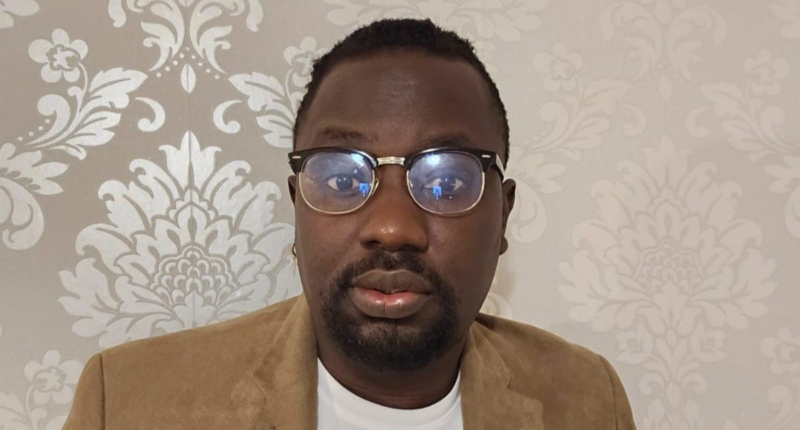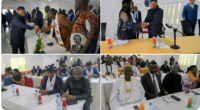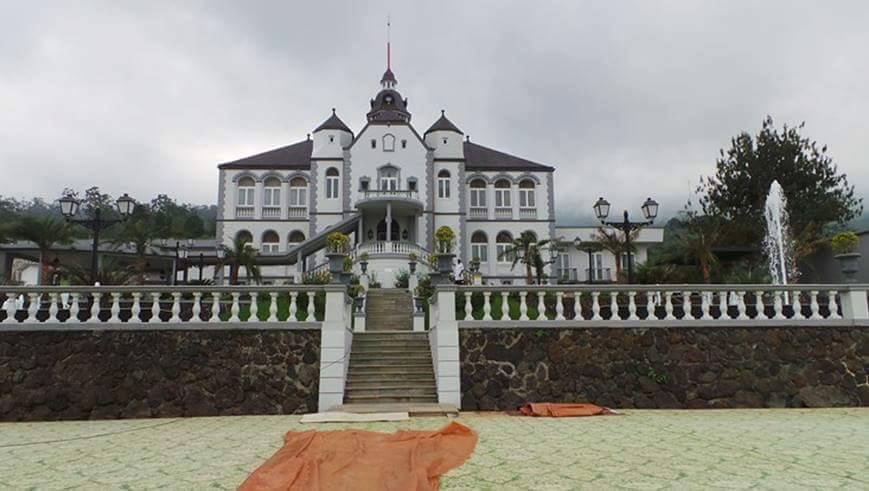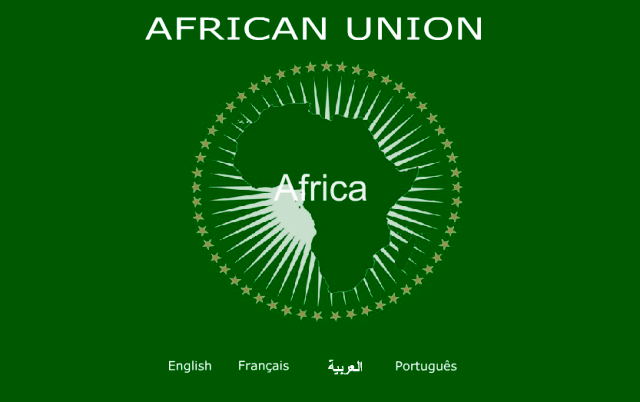This Is Their Fight”: Dela Nganguh Urges Anglophones in Francophone Cameroon to Remain Neutral Amid Rising Tensions
As political tension continues to mount across Francophone Cameroon ahead of the contentious 2025 presidential elections, Dela Nganguh, an outspoken voice and known Ambazonian activist, issued a blunt message to Anglophones living in the major cities of Douala, Yaoundé, Bafoussam, and beyond: “Stay out of it.”
“Anglophones living in French Cameroun, do not join Francophones to fight their battles… Whatever happens there will not benefit any of you.”
Nganguh’s message, posted under the pseudonym “The Old Broom,” is quickly making waves on social media and sparking both outrage and agreement, depending on the audience. His warning comes as civil society groups in the Francophone regions prepare for anticipated protests and potential clashes over the legitimacy of the coming elections and mounting frustrations with the Biya regime’s 43-year rule.
A Call for Non-Involvement—or Strategic Nationalism?
Nganguh’s message is more than just advice — it is a rejection of national solidarity. He explicitly warns Anglophones against joining any public unrest or opposition movement brewing in Francophone zones, stating:
“They are counting on you to flood the streets of Douala and Yaoundé, but you should sit back and watch them handle their issues… Let the Francophones close their shops and businesses and fight.”
This rhetoric reflects a widening psychological and political gulf between Anglophones and Francophones in Cameroon — a divide born out of historical betrayal, sharpened by a brutal war, and now cemented by the perceived indifference of Francophones to the suffering in the Anglophone regions over the past seven years.
Refugees, Not Citizens: A Stark Reminder of Alienation
Perhaps the most biting part of Nganguh’s message is his reminder to Anglophones in Francophone cities:
“You are just refugees fleeing a war created and declared by their old dictator.”
This statement reinforces a prevailing sentiment among many Anglophones that they are second-class citizens in Cameroon — tolerated in Francophone areas but never truly accepted or safe. Hundreds of thousands of internally displaced persons from the North West and South West regions have resettled in Francophone cities like Douala, Yaoundé, and Bafoussam, often facing discrimination, marginalisation, and surveillance.
To Nganguh and others in his ideological camp, the struggles of Francophones against the Biya regime are too little, too late. When the Anglophones protested peacefully in 2016 and were met with bullets, most Francophones looked away. When villages were burned and children killed, the streets of Yaoundé remained quiet.
Now, he argues, “This is their fight.”
Divisive Rhetoric or Protective Realism?
Critics of Nganguh’s post have called it irresponsible, divisive, and dangerous, especially in a context where national unity is already fragile. One political analyst, speaking to Baretanews anonimously , said:
“This kind of rhetoric only deepens the fracture line in Cameroon. While she speaks from a place of pain, framing the struggle for democracy as a Francophone issue alone is historically inaccurate and politically damaging.”
But supporters see it differently. To them, Nganguh is offering necessary self-preservation advice in a country where protests often turn deadly — and where Anglophones are frequently scapegoated, arrested, or brutalized regardless of their involvement.
A Reflection of a Broken Union
Nganguh’s post should not be dismissed as mere social media provocation. It is, in fact, a reflection of how irreparable the Cameroon union appears to many Anglophones. When empathy dies, and solidarity turns to suspicion, the foundations of a shared national identity are gone.
Whether Cameroon’s political elite acknowledge it or not, voices like Nganguh’s are not outliers — they represent a growing, hardened bloc of Anglophones who believe the union has failed them, and that neutrality — or full withdrawal — is the only rational course.
Cameroon at the Crossroads, Again
As protests loom, and as the 2025 election continues to polarize the nation, Dela Nganguh’s statement captures a sobering truth: Cameroon is no longer just politically divided — it is emotionally divorced.
Whether those cracks can be sealed — or whether the Anglophone-Francophone chasm is now beyond repair — remains to be seen. But one thing is clear: the old broom has swept up a storm.





